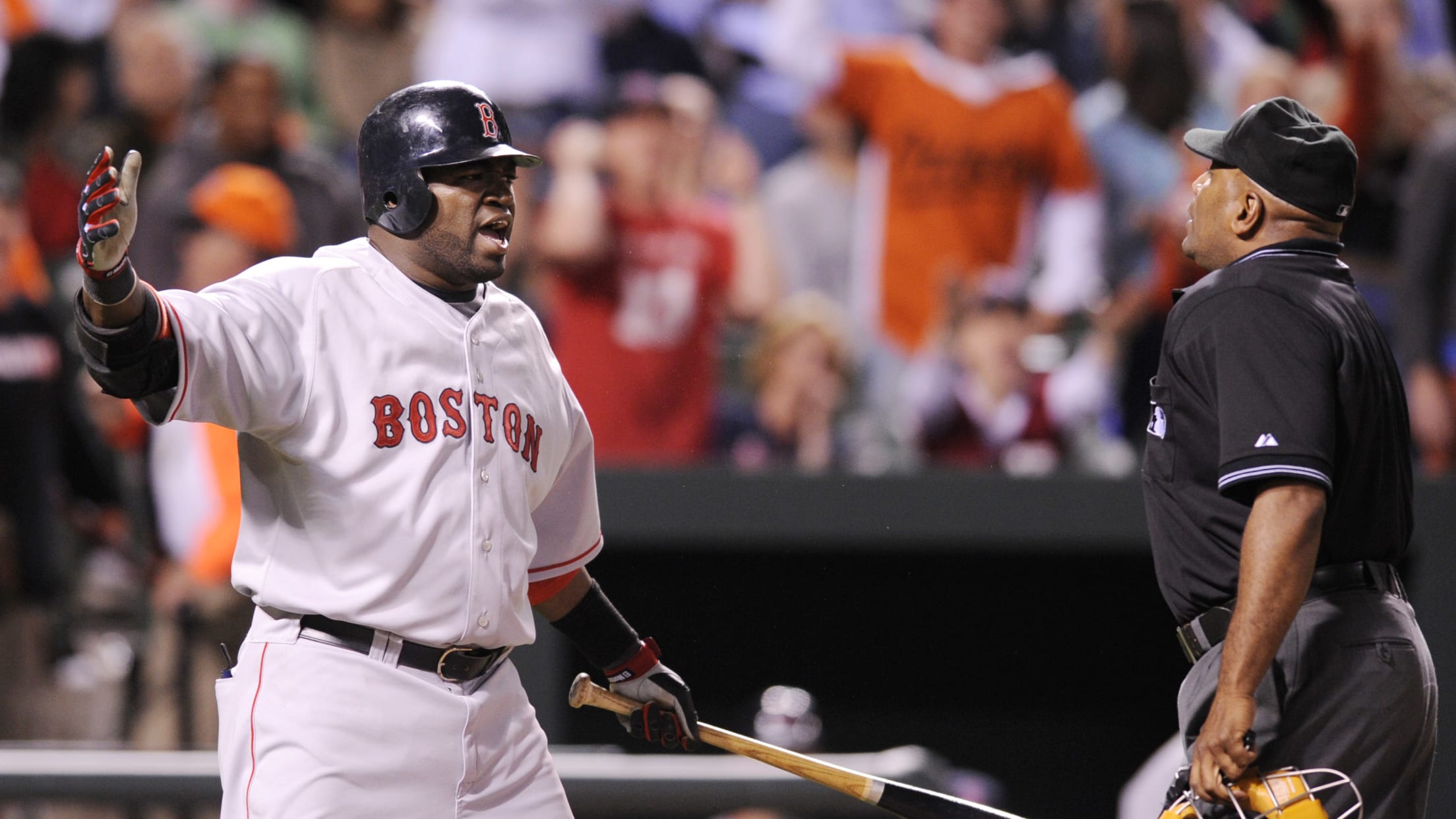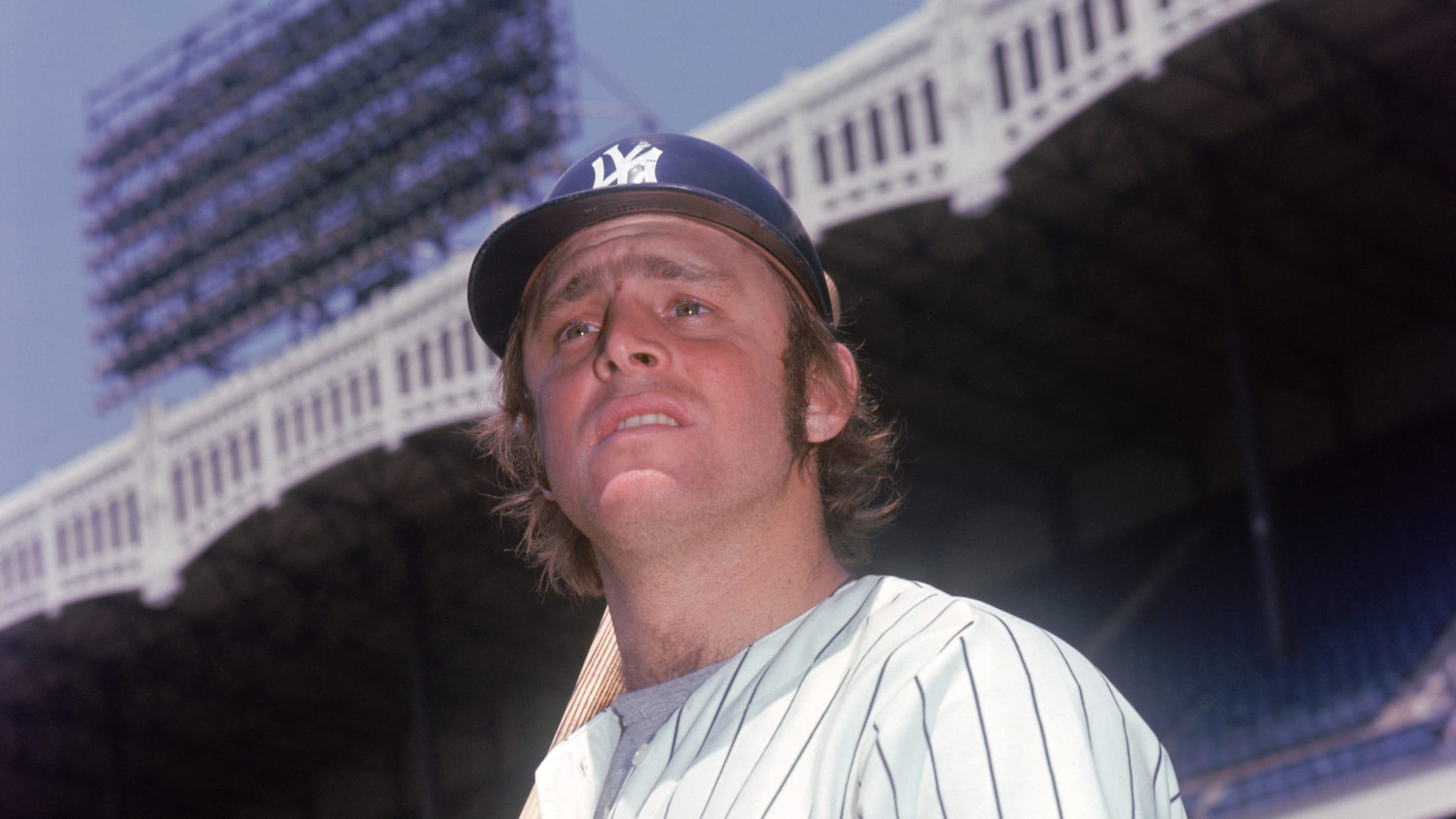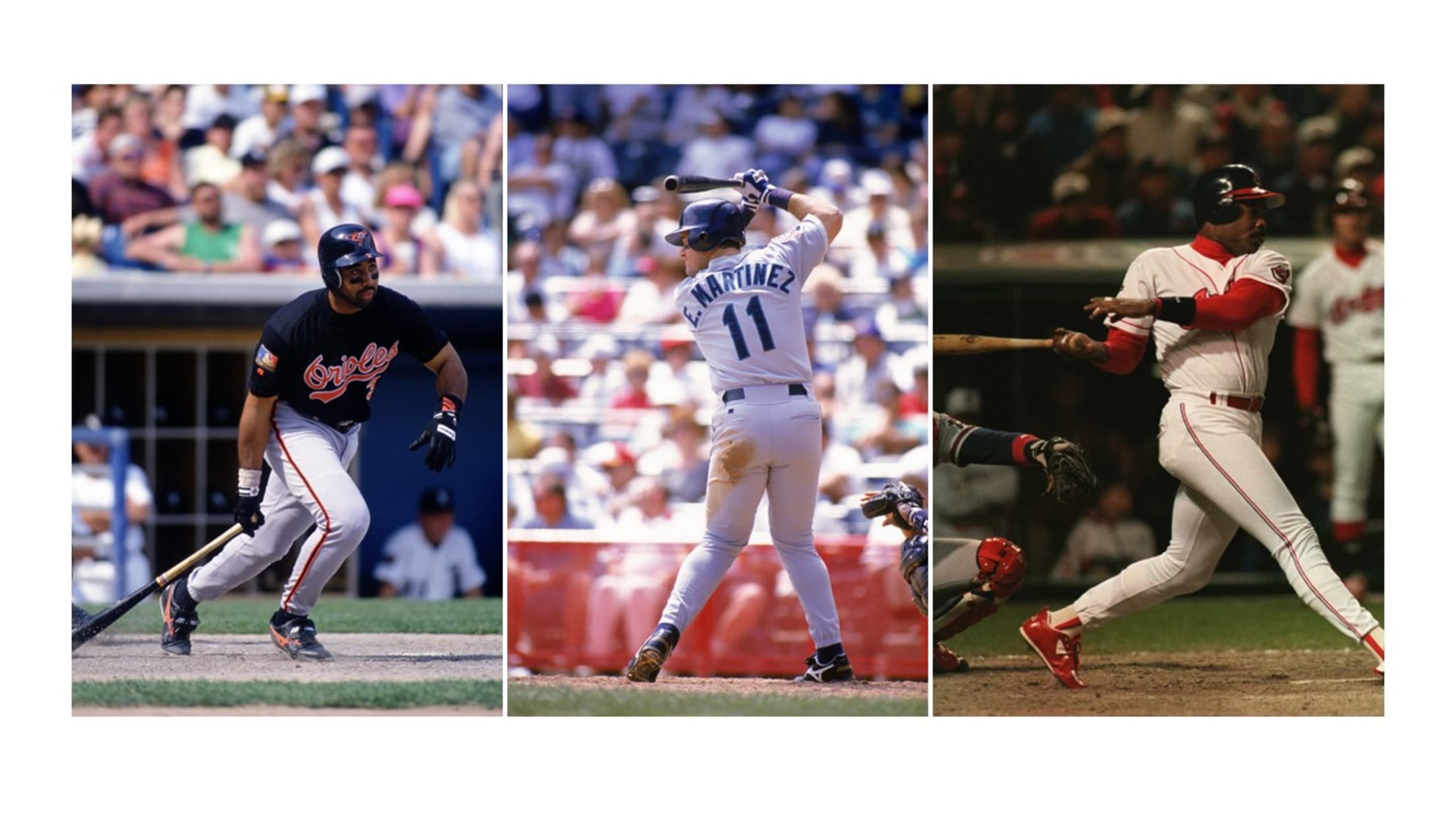Why is everyone yelling at one another about the designated hitter?

Scoop god and MLB Network insider Ken Rosenthal reported Tuesday evening that the league office is considering expanding the designated hitter to the National League. This got everyone with internet access and baseball opinions all riled up, reigniting the decades-old DH debate once again. And unlike some baseball arguments, this one isn't cut and dry between old school purists and new school hipsters -- it's more complicated than that.
But don't worry, we're here to help: Here's a quick overview of how exactly the DH got started in the first place, the arguments behind expanding it to the NL and the reasons why some fans would prefer to keep things as they are.
When did the designated hitter start?
The debate surrounding the DH has been around since baseball's infancy. A Sporting Life article from 1891 in favor of implementing a DH argued that "Every patron of the game is conversant with the utter worthlessness of the average pitcher when he goes up to try and hit the ball." But the idea didn't garner significant support until the late 1960s, when it was proposed as a way to counterbalance a league-wide decline in offense.
The rule was tested out in Spring Training for a few years before finally being implemented in the American League before the 1973 season. On April 6th of that year, Yankees slugger Ron Blomberg became the first DH in baseball history.

Why isn't there a DH in the National League too?
It's pretty simple actually. American League executives, led by the legendarily innovative Oakland A's owner Charlie Finley, were more open to the rule change and voted in favor of it in January 1973. The National League bigwigs weren't about it, though and waited until 1980 to even hold a vote on the matter. That vote didn't pass, and the leagues have had different setups ever since.
What do people in favor of expanding the DH say?
Well, #PitchersWhoRake aside, pitchers typically aren't great at hitting. Sure, you've got
Check out this "swing" from Braves ace
Oof.
Having the DH in the NL would also create 15 more spaces across the league for defensively challenged sluggers and aging stars. Players like
Old school fans like moviestar Jon Hamm, a man who once called the DH an "abomination," simply think that baseball players should be multifaceted and pitchers should be able to do more than just pitch.
Why are some people so opposed to expanding the DH to the National League?
Whether it's
The other main argument against the DH has to do with strategy. Many enjoy the difference in style between the defensive-minded NL and the offensive-minded AL, and revel all the in-game lineup maneuvering that goes on in the DH-less National League. Because NL teams have to think about when to pinch hit for their pitcher late in games, it leads to more difficult decision-making moments for managers. Adding a DH, detractors say, would turn chess into checkers.
So now that you've heard both sides of the argument, what do you think? Is it worth it to sift through all those forgettable pitcher at-bats for a rare but priceless moment of wonder or weirdness? Or would you rather see more runs in the National League, even if it means simplifying the strategic side of the game?
Vote below and let us know where you stand on Twitter @Cut4 and @CespedesBBQ.







